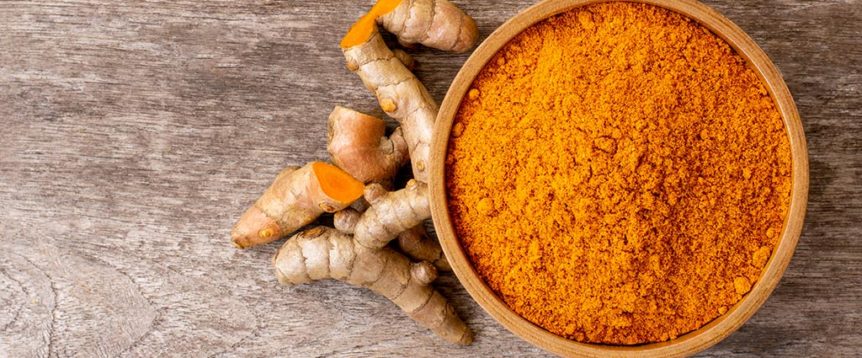› Health benefits
Historically, turmeric has been used in Ayurvedic medicine for many symptoms, including difficulty breathing, rheumatism, pain and fatigue. Today it is commonly used for inflammation, arthritis, stomach issues, skin issues, cancer and more.
Preliminary studies have found that curcuminoids in turmeric may reduce the number of heart attacks bypass patients had after surgery. They also may control knee pain from osteoarthritis as well as ibuprofen and reduce the skin irritation that often occurs after radiation treatments for breast cancer.
Other preliminary studies have looked at curcumin, a type of curcuminoid, for different cancers, colitis, diabetes, surgical pain, and as an ingredient in mouthwash for reducing plaque.
› How much do I need?
The dosage amount varies depending on age and what it is being used for. Be sure to follow relevant directions on product labels, and consult your pharmacist, physician or other healthcare professional before using. In the amounts tested for health purposes, turmeric is generally considered safe when taken by mouth or applied to the skin. High doses or long-term use of turmeric may cause gastrointestinal problems.
› Dietary supplements
The roots of the turmeric plant are dried and made into capsules, tablets, teas and other extracts. Paste made out of turmeric is also used for some skin conditions.
Source: National Center for Complementary and Integrative Health
Please consult your health care provider before making changes to your vitamin/supplement regimen.


